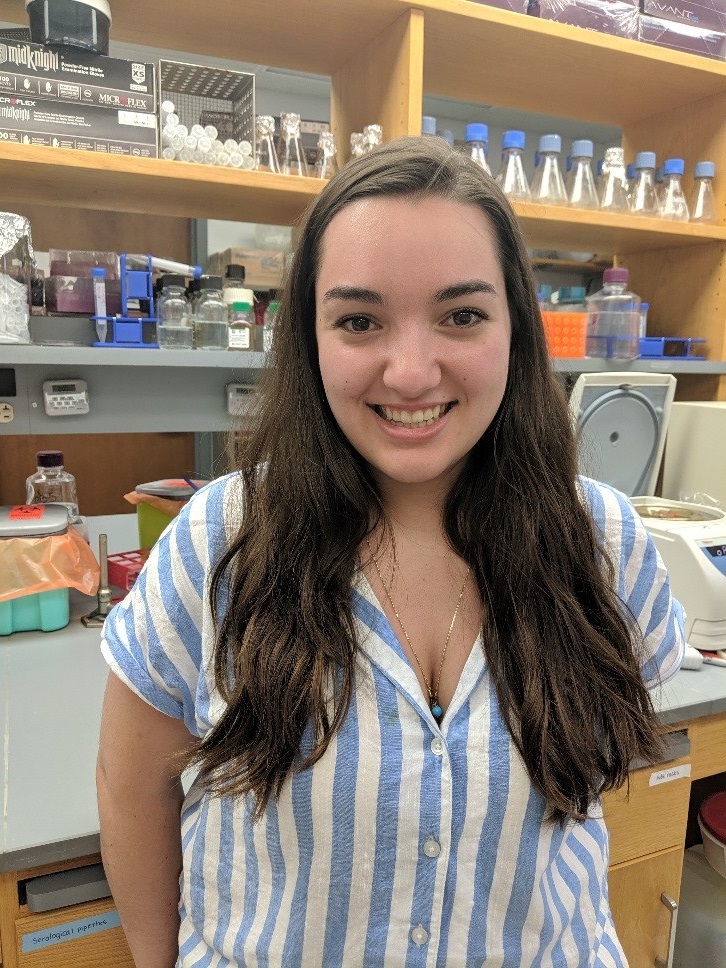Michelle Wiebe
Two-component signaling (TCS) systems are an important way bacteria sense and respond to changes in their environment. TCSs are typically composed of a sensor histidine kinase and its cognate response regulator. Recent work has revealed that noncognate components of different TCSs can cross interact with each other, complicating the relatively simple signal transduction of these systems. One example of this cross interaction in Uropathogenic E. coli (UPEC) is BtsSR and YpdAB. Serine-pyruvate homeostasis in UPEC appears to be controlled by two two-component systems, BtsSR and YpdAB, with BtsS and YpdA being the receptors and BtsR and YpdB being the corresponding cognate response regulators. Previous studies by our lab demonstrated that YpdAB and BtsSR are active during acute urinary tract infection, where serine is one of the key amino acids utilized by UPEC. Serine is imported into the cell via the action of the SdaC transporter and is then broken down into pyruvate and ammonia by the actions of the SdaA and SdaB enzymes. My project will investigate how the BtsSR and YpdAB systems interact to regulate serine and pyruvate metabolism.
Mentor: Maria Hadjifrangiskou, Ph.D.
